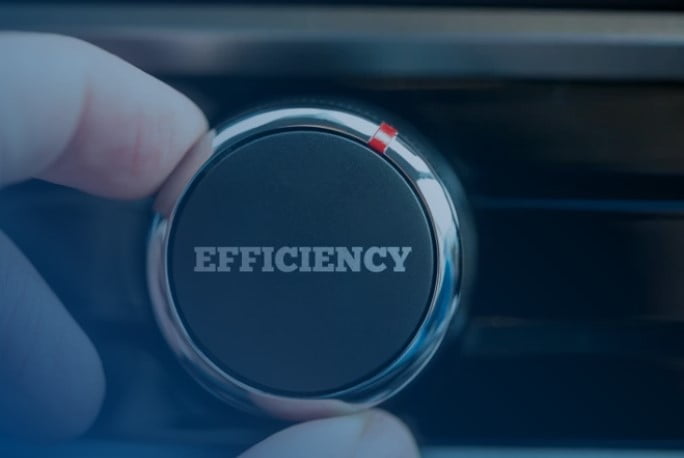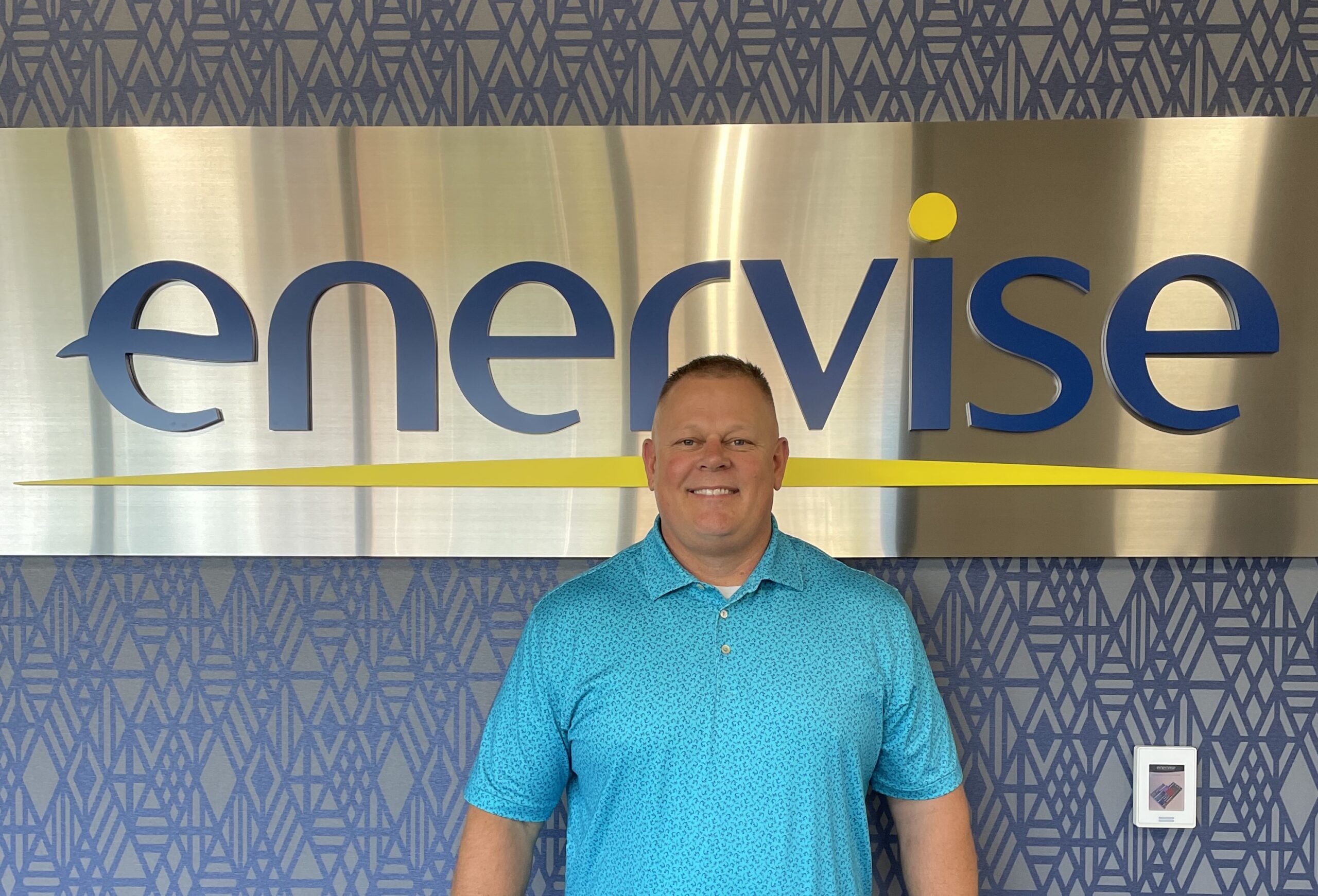If you are considering a commercial HVAC contract or reevaluating an existing contracted service, you might be wondering if there are any specific details you need to consider. The answer is yes. As with any building maintenance service, HVAC contracts can harbor hidden clauses, which could leave you out of pocket or locked into an arrangement that does not work for you anymore. Here are the important details you need to pay attention to:
The Contract Term
It may seem like a rookie mistake, but you would be surprised at how often building owners miss the opportunity to lock in lower costs over time. Labor costs go up year over year, so if you can extend the term of the contract with minimal escalations it will save you money.
Tasks and Schedule
Tasks performed by an expert HVAC service technician are really what you are paying for in a maintenance contract. A well-defined set of maintenance tasks performed by an expert service technician at scheduled intervals should deliver less than a one (1) year return on your annual cost for maintenance. To wring value from your contract, though, it should spell out certain defined tasks.
Unfortunately, many contractors water down their tasking to give you a “show up” or “flashlight maintenance.” Their intent is to be the cheapest maintenance price on bid day, and then charge you for real maintenance tasks and repairs that occur when true maintenance is deferred. These contracts are a waste of your money. Be careful of words like “check” or “inspect”—many of these are useless tasks compared with words like:
- Adjust
- Clean
- Lube
- Calibrate
- Test, etc.
HVAC equipment must be cleaned; blowers, coils, filters, condensate pans and drains must be changed regularly, boilers and furnaces must be tuned and heat exchangers thoroughly examined for safety.
ASHRAE, which is the governing body for developing standards adopted into building codes, has published guidelines to help facilities managers and building owners to avoid this delusional buying process. The impetus for this standard began when lawsuits from contaminants in new but poorly maintained buildings became a concern.
Per ASHRAE: “The intent of Standard 180 is to set consistent practices for inspecting and maintaining HVAC systems. Following Standard 180 practices increases energy efficiency, thermal comfort and indoor air quality, creating indoor environments that are comfortable and sustainable.”
The bottom line is you get what you pay for. A reputable company will calculate the labor to complete the tasks specified for each unit, as scheduled and your contract price will reflect these tasks.
The Inclusions and Exclusions
When comparing maintenance contracts for HVAC systems, it is likely that each contractor will have a slightly different list of inclusions and exclusions. Those can affect price significantly, so make sure you compare them and check what is included—and what is not.
Labor and Parts Coverage
Many building owners would rather have a fixed budget for annual repairs and maintenance of their HVAC and control systems, and opt to have labor and parts coverage added to their preventative maintenance contract. If you decide that this type of contract is right for you, make sure that you discuss whether pre-existing conditions are included or excluded. Also, typically nonmoving or non-maintainable items are excluded. This is customary, as most service companies will not cover the eventual capital replacement of equipment, but prefer to cover only parts they can replace. Be sure to discuss this type of coverage in depth with your provider to understand what is and isn’t covered.
Escalation Clauses
Sometimes, particularly when imported equipment is involved, contracts may include escalation clauses. In other words, when the cost of the product or material increases based on rate fluctuations, the cost of the contract increases proportionately. You want to aim for an escalation-free contract, or at least one where escalation is capped.
Maintenance Requirements for Warranty
In order to maintain the warranty on your HVAC equipment, the manufacturer of the equipment may require a factory certified startup and minimum level of routine maintenance. You need to ensure that the services included in the contract meet those minimums, and that it is spelled out in your agreement.
Cost Plus and Time and Material Rates
Maintenance and routine repair contracts generally cover the basics. However, it is likely that while an HVAC technician is on site, they may find another issue that needs to be repaired without delay. If possible, have all necessary repairs quoted while the technician is on site. This will save you the cost of having him return at a later stage. Also, technicians on site are better equipped to quote repairs competitively, without the unnecessary contingencies that estimates generated from an office may carry. Make sure that your contract includes a preferred rate for hourly ad hoc repairs, as well as an emergency call-out rate. Having those written down from day one can help you avoid negotiations and surprise costs later on.
Response Time and Assigned Team
When you have an emergency you will want to know that your service company is responsive. Top notch companies have teams, processes and systems all geared to respond with the expertise needed at a moment’s notice. Whether it’s a routine service call or an emergency change-out of a unit at night or over a weekend to get your building up and running, you need to know that your company and assigned team knows your building’s systems and controls and can respond.
Professional service firms will go out of their way to explain clauses and benefits. If yours doesn’t, or if they come in with a “low-ball” maintenance offer that seems too good to be true, take it with a pinch of salt. If it sounds too good to be true, it might well be.




